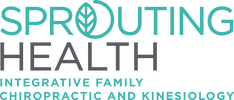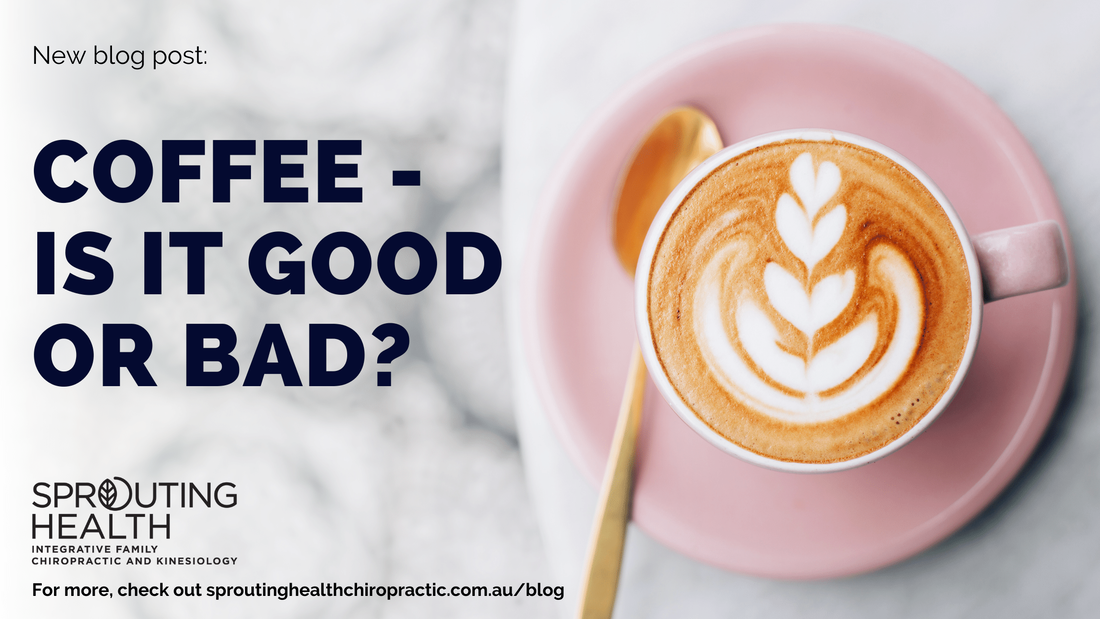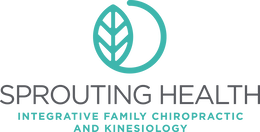|
The debate over whether coffee is ‘good’ or ‘bad’ is a constant topic of contention. Multiple studies have been conducted over the years in order to assess the potential outcomes of consuming coffee (both positive and negative).
Some studies show that there is a probable link to a decreased risk of multiple conditions, such as some cancers, cardiovascular disease, Type 2 Diabetes, and Parkinson’s Disease – though these benefits were only perceived in previously healthy adults. Other studies revealed that limiting your coffee intake (<2.8 cups/day) could reduce the risk of cognitive deficit, while consuming green tea daily could provide cognitive benefits. These findings indicate that coffee can be beneficial to a person’s health when included as part of a healthy, balanced diet. It is important to remember, however, that more is not necessarily better and coffee (as with anything) should be consumed in moderation. Try following these tips to ensure a healthy coffee habit: Avoid Consuming Coffee Late in the Day and Early in the morning Coffee is often consumed in the morning or when we’re tired to act as an energy boost – this is because it contains caffeine, which is a stimulant. You don’t want to become reliant to need a boost every day- this is then acting as something you need to function and this scenario is never healthy. Drinking coffee late in the day can give us a ‘pick me up’ that can prevent restful sleep from occurring. Don’t Load Your Coffee with Sugar Whether its standard sugar or your favourite flavoured syrup, try and steer clear! Added sugar is arguably one of the worst ingredients in the modern diet and is linked to all sorts of serious diseases like obesity and diabetes. Avoid Drinking Too Much Limit your coffee intake to no more than 4 standard cups per day – this is the recommended amount according to most guidelines and health professionals. Anything greater than this amount exceeds the daily recommended intake of caffeine. It is also important to listen to your body depending on your personal sensitivities. If you would like some simple options to help manage energy levels contact us here at Sprouting Health! References Grosso, G., Godos, J., Galvano, F., & Giovannucci, E. (2017). Coffee, Caffeine, and Health Outcomes: An Umbrella Review. Annual Review Of Nutrition, 37(1), 131-156. doi: 10.1146/annurev-nutr-071816-064941 Di Maso, M., Boffetta, P., Negri, E., La Vecchia, C., & Bravi, F. (2021). Caffeinated Coffee Consumption and Health Outcomes in the US Population: A Dose-Response Meta-Analysis and Estimation of Disease Cases and Deaths Avoided. Advances in nutrition (Bethesda, Md.), nmaa177. Advance online publication. https://doi.org/10.1093/advances/nmaa177 Ran, L. S., Liu, W. H., Fang, Y. Y., Xu, S. B., Li, J., Luo, X., Pan, D. J., Wang, M. H., & Wang, W. (2021). Alcohol, coffee and tea intake and the risk of cognitive deficits: a dose-response meta-analysis. Epidemiology and psychiatric sciences, 30, e13. https://doi.org/10.1017/S2045796020001183 to edit.
2 Comments
Drinking coffee have a lot of health benefits it not only refreshes mind to work for longer duration in day and night but also helps in losing weight when using regularly along with regular exercise . But avoid sugar as much as possible. one of the best coffee products with fat burning ability is shown in the link https://d2c3eeq9r70gdvn4ltf15oskel.hop.clickbank.net
Reply
Niki1
20/7/2024 11:05:26 pm
This product is a true weight loss champion! Shedding an impressive 50kg, going from 130kg to 80kg, was extraordinary. <a href="https://921a6lr8thivcq99ilexxgxmdt.hop.clickbank.net/" target="_blank">click here</a> to transform your life and order this life-changing product now!
Reply
Leave a Reply. |
AuthorBlogs by the team at Sprouting Health Archives
July 2024
Categories |


 RSS Feed
RSS Feed
